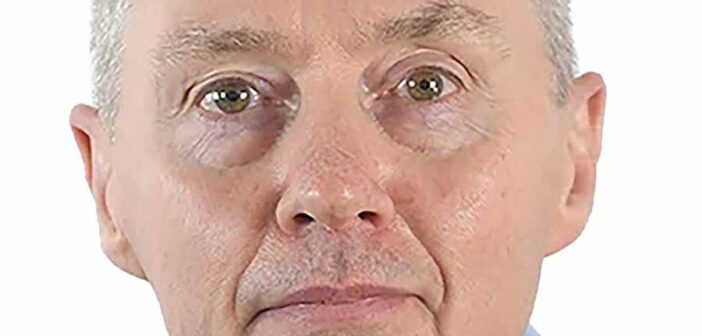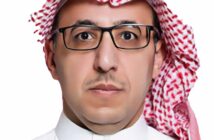The second day of the 81st International Air Transport Association (IATA) Annual General Meeting (AGM) and World Air Transport Summit (WATS), held at Bharat Mandapam in New Delhi on June 3, 2025, showcased India’s rising aviation prominence while addressing global industry hurdles.
Hosted by IndiGo, the event drew over 1,700 delegates, including airline CEOs, government officials, and media, marking India’s first time hosting the AGM in 42 years.
The day’s centerpiece was a keynote address by Prime Minister Narendra Modi, whose presence added significant political weight to the summit. Modi emphasized India’s aviation-led development strategy, highlighting record aircraft orders and infrastructure advancements positioning India as a future global aviation hub. His speech set an optimistic tone, underscoring aviation’s role in supporting India’s economic growth, which contributes 1.5pc to national GDP and supports 7.7m jobs through tourism and supply chains.
Conference sessions focused on critical industry issues. IATA Director General Willie Walsh delivered a comprehensive report on the air transport industry, noting that airlines were projected to achieve a $36 billion net profit in 2025 on $979 billion in revenues, equating to a slim 3.7pc margin or $7.20 per passenger. Walsh highlighted robust demand, with traveler numbers nearing 5 billion annually, but flagged ongoing challenges like aircraft shortages, with 1,100 planes under 10 years old in storage and a fleet replacement rate of just 3pc compared to the usual 5-6pc. He urged manufacturers to address supply chain inefficiencies to meet demand.
On the margins, industry and press briefings provided deeper insights. A key briefing, led by IATA’s Senior Vice President of Sustainability and Chief Economist, Marie Owens Thomsen, presented the 2025 financial outlook, projecting improved profitability despite geopolitical tensions and trade uncertainties. Thomsen’s data showed all regions expecting collective net profits, though African carriers lagged with a 1.3pc margin, while Middle Eastern airlines led at 8.7pc. A separate safety and operations briefing outlined advancements in technology to enhance flight safety amid rising global traffic, with discussions on integrating AI-driven solutions.
The closing press briefing featuring Walsh and IndiGo CEO Pieter Elbers emphasised sustainable aviation fuel (SAF). Despite SAF production doubling to 2m tonnes in 2025, it met only 0.7pc of airline fuel needs due to insufficient government policy support and investment cutbacks by major energy firms like BP and Shell. Walsh criticized weakening support for CORSIA, the global carbon offsetting scheme, and called for urgent policy actions to meet the 2050 net-zero emissions target, citing a $4.7 trillion cost for the transition.
Journalists engaged with airline leaders in specialised briefings, discussing operational pressures, modest profit margins, and India’s aviation growth. Elbers, also Chair of IATA’s Board of Governors, described the event as a testament to India’s transformative energy, stating, “This is India’s time.”
The event also featured the IATA Diversity & Inclusion Awards, recognizing efforts to advance gender equality and the 25by2025 initiative, reinforcing the industry’s commitment to inclusive leadership.
The summit, a platform for high-level dialogue and collaboration, concluded its second day with optimism about India’s aviation trajectory but a clear call for global action on sustainability and supply chain challenges.




